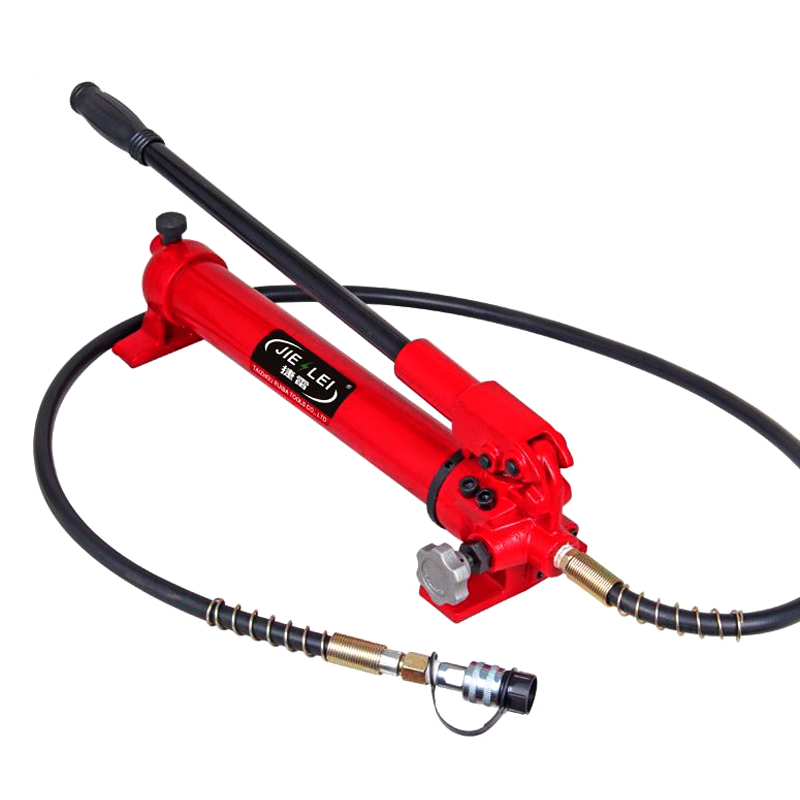



When choosing a hydraulic pump manufacturer, one of the important factors to consider is the certifications the factory holds. These certifications not only reflect the factory's commitment to producing high-quality products but also ensure that the manufacturing process complies with industry standards and regulations.
1. ISO 9001 Certification
One of the recognized certifications for any manufacturing facility, including a hydraulic pump factory, is ISO 9001. This certification ensures that the factory adheres to an internationally recognized quality management system (QMS). ISO 9001 sets standards for processes, procedures, and documentation to ensure that the factory produces consistent, high-quality products. For customers, it provides assurance that the hydraulic pumps are made using reliable processes, and that the factory continuously works to improve its operations.
2. ISO 14001 Certification
For a hydraulic pump factory, ISO 14001 certification is a vital indicator of environmental responsibility. This certification confirms that the factory complies with international environmental management standards. A factory with ISO 14001 is committed to reducing its environmental impact, including managing waste, energy usage, and emissions. This is particularly important for customers who prioritize sustainability in their sourcing decisions. By holding this certification, the factory demonstrates its dedication to environmentally friendly practices while maintaining high production standards.
3. CE Marking
The CE marking is essential for any hydraulic pump factory exporting products to the European Union. This certification confirms that the factory's hydraulic pumps comply with European safety, health, and environmental protection requirements. The CE marking is a guarantee that the products meet the necessary standards for quality and safety, which is crucial when dealing with machinery used in critical applications. For customers in Europe, this certification is a must-have to ensure that the hydraulic pumps meet the required regulations for use in industrial applications.
4. ASME Certification
For hydraulic pumps used in certain industries, particularly in the United States, ASME (American Society of Mechanical Engineers) certification is crucial. ASME standards are well-respected in the field of mechanical engineering and are often required for pumps used in demanding industrial and construction applications. A hydraulic pump factory that holds ASME certification demonstrates that its products meet strict engineering standards for performance, safety, and reliability. This certification is often a requirement for products used in high-risk environments, such as those in the oil and gas or construction sectors.
5. UL Certification
For hydraulic pumps that are used in electrical systems or that may come into contact with electrical components, a UL (Underwriters Laboratories) certification can be important. UL is a global safety certification body that ensures products meet stringent safety standards. For a hydraulic pump factory, holding a UL certification guarantees that the factory's products are designed and manufactured to minimize risks such as electrical hazards, fire risks, or mechanical failures, ensuring that the pumps are safe to use in a variety of applications.
When selecting a hydraulic pump factory, certifications play a key role in ensuring the quality, safety, and environmental responsibility of the products. Certifications such as ISO 9001, ISO 14001, CE, ASME, and UL are essential indicators of a factory's commitment to meeting industry standards. These certifications not only provide peace of mind for customers but also ensure that the factory adheres to best practices in manufacturing and safety.
Product
Plumbing Tool Crimping Tool Cable Cutter Holemaking Pump Cutting,Bending,Punching Tool Cylinder Cable Stripper Pipe Bender Angle Iron Processing Machine Other Tools

Keep In Touch
